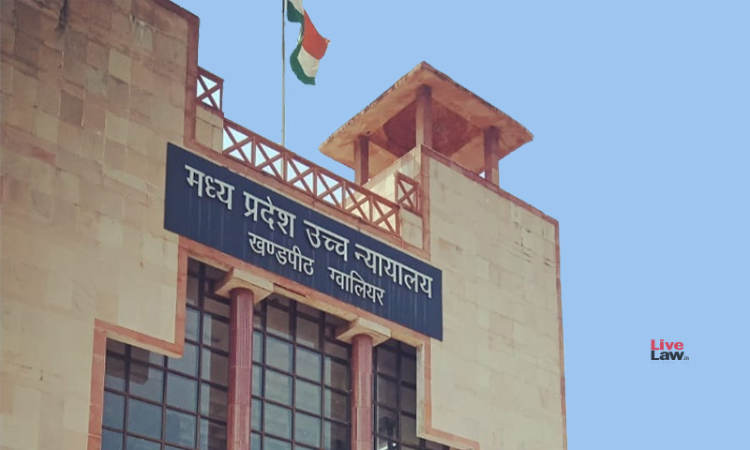Preliminary Enquiry Not Necessary For Directing Prosecution Of Witness U/S 195 CRPC: Madhya Pradesh High Court
Zeeshan Thomas
6 Feb 2022 8:25 PM IST

Next Story
6 Feb 2022 8:25 PM IST
The High Court of Madhya Pradesh, Gwalior Bench recently held that conducting a preliminary enquiry is not sine qua non for issuing a direction for prosecution U/S 195 CRPC and that the Applicant is not entitled for any opportunity of hearing prior to that. The single bench of Justice G.S. Ahluwalia was essentially dealing with a Criminal Revision against the order of the...
